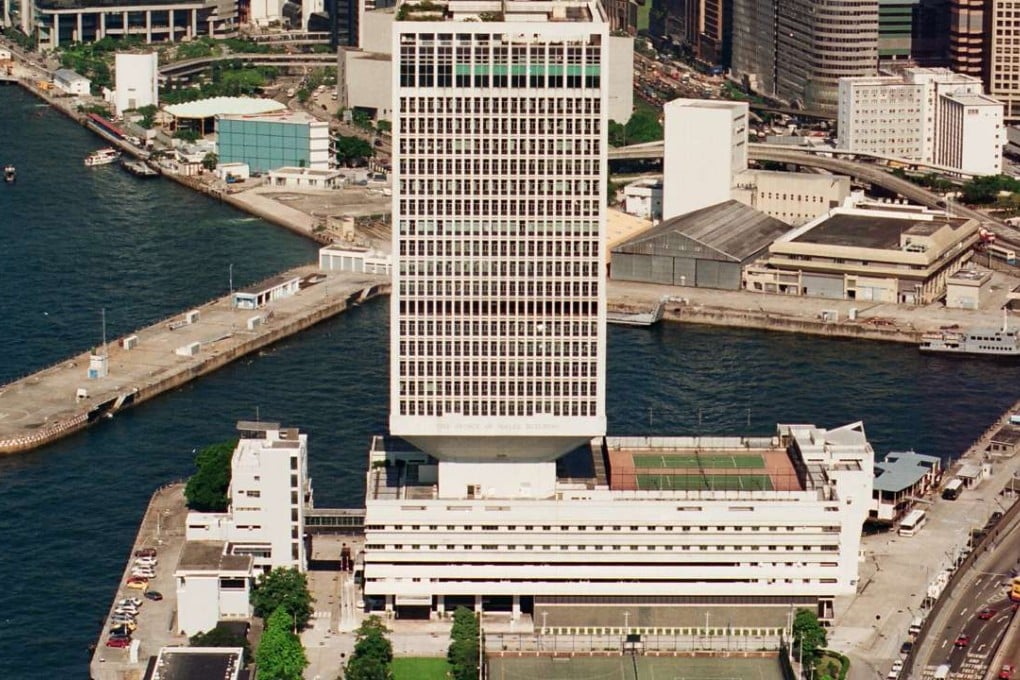Hong Kong’s 13-month battle to cut its bill for the British garrison in last decade of colonial rule
British cabinet files reveal the Executive Council wanted a 50-50 split of costs but reluctantly agreed to pay 65 per cent

The Hong Kong government fought hard to cut its share of funding the British garrison in the city in the last decade of colonial rule – proof, one academic said, of the efforts to maximise its autonomy from Britain.
In June 1988, after 13 months of negotiation, the British and Hong Kong governments reached a new agreement to cover the cost of the 9,000-strong military force from 1988 to 1997.
The deal reduced Hong Kong’s share of the costs from 75 per cent to 65 per cent, with Britain making up the difference. That equated to a HK$7.5 billion saving for the city’s taxpayers.

The Executive Council initially wanted a 50-50 split of costs, although the Hong Kong government’s bottom line was to pay 65 per cent of the bill.
In a minute to British prime minister Margaret Thatcher in December 1987, defence secretary George Younger wrote “it has always been arguable that, for the remainder of the period to 1997, the Hong Kong government should be expected to meet the full cost of the garrison, since it will be devoted to meeting their own security requirements”.
